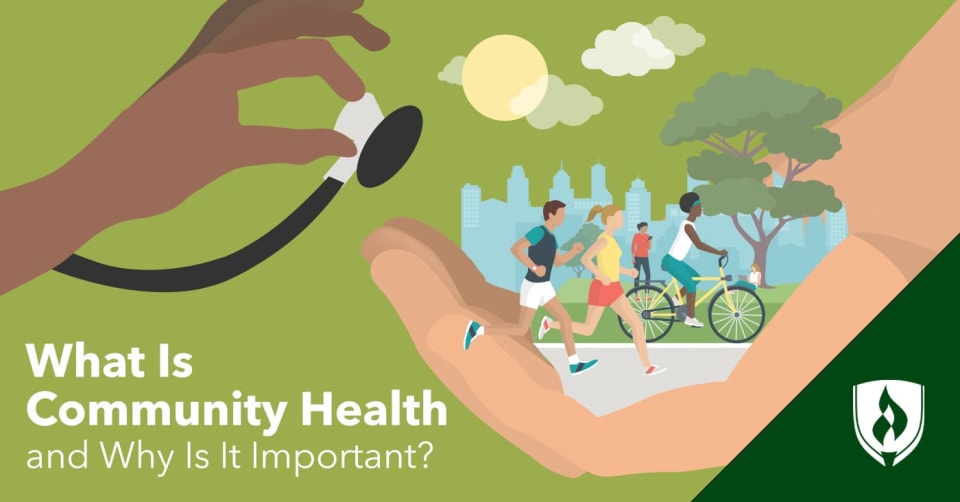- Community Care Management VillageCare’s Community Case Management program provides a full range of services that are designed to help foster independence.
- Community care is based on specific eligibility requirements, availability of VA care, and the needs and circumstances of individual Veterans. Learn about Veteran community care VA also provides health care to Veterans’ family members and dependents through programs like the Civilian Health and Medical Program of the Department of Veterans.
- Group Enrollment and Renewal Information. Claims, Payment Policies and Other Information. CommunityCare HMO. CommunityCare Life and Health. Pharmacy and Prescription Drug Benefits. Mail order program. Walgreens mail order program. CVS mail order service. Specialty pharmacy program. Walgreens specialty pharmacy. CVS specialty pharmacy.
Columbus State Community College (CSCC) is accredited by The Higher Learning Commission, Member – North Central Association (NCA), 230 South LaSalle St., Suite 7-500, Chicago, IL, (800) 621-7440, www.ncahlc.org. The Health Information Management Technology (HIMT) associate’s degree program is accredited by the Commission on Accreditation for Health Informatics. Inspiring excellence in social care. Read the latest social work and social care news, opinion and analysis and find your perfect social work or social care job.

Building successful care management for high-need, high-cost patients is more important than ever as healthcare shifts from a fee-for-service structure to value-based payment programs.
In a new whitepaper, the Healthcare Transformation Task Force, a consortium of patients, payers, providers and purchasers, identifies how to build successful care management for these patients, presents case studies of task force member care management programs and identifies lessons learned and important areas for improvement.
The whitepaper draws on the evidence and experience of clinically and financially successful programs across the country.

'Our goal is to help health systems, payers, and policymakers enhance person-centered care management strategies, highlight opportunities for alignment and identify areas where more evidence may be needed to understand the cost and quality impact of care coordination,' Task Force Executive Director Jeff Micklos said in a prepared statement. 'As appropriate care management services for this population continue to mature, innovative payment models must also be developed to promote effective and accountable delivery of these services.'
Experts from the task force's Improving Care for High-Cost Patients Work Group, composed of task force members and partner organizations, identified five lessons learned and opportunities for improvement.
1. Ensure meaningful patient and caregiver engagement. The task force said engaging patients and informal caregivers, including family, at all levels of care delivery is integral to the success of care management programs. 'At the community level, patients and caregivers can help bridge a potential gap between acute care and community-based care management resources,' the task force added.

2. Evaluate care management. The task force recommends care management programs include processes for evaluating patient-reported outcomes and low- or no-value care.
3. Define the scope of care management programs. There is no one-size-fits-all approach for care management, as each program serves its own patient population, reflective of local demographics. The task force said successful care management programs will leverage their resources in the best way for their particular patient population, while coordinating care between providers and programs.
4. Tailor care management programs to individual patients. Successful care management programs also respond to the specific needs of the patient, according to the task force. This is made possible by establishing a trusting relationship at the outset of care.

5. Overcome resistance to services. Providers who are philosophically aligned with the program, have a track record in improvement and who are financially invested in the program's success may provide the strongest leadership for an effective program. 'For patients, education, patience, empathy and peer support are critical in overcoming the fear, anxiety, shame, distrust or other factors that may influence patient resistance to services,' the task force said.
More articles on infection control and clinical quality:
CEO viewpoint: We need a new system to prevent repeat drug diverters from working in hospitals
Nearly 3,000 Swedish Medical Center patients at risk for HIV, hepatitis
Surgical tech arrested for Swedish Medical Center drug theft worked at Scripps Green

Community Care Information Management Programs
© Copyright ASC COMMUNICATIONS 2021. Interested in LINKING to or REPRINTING this content? View our policies by clicking here.
